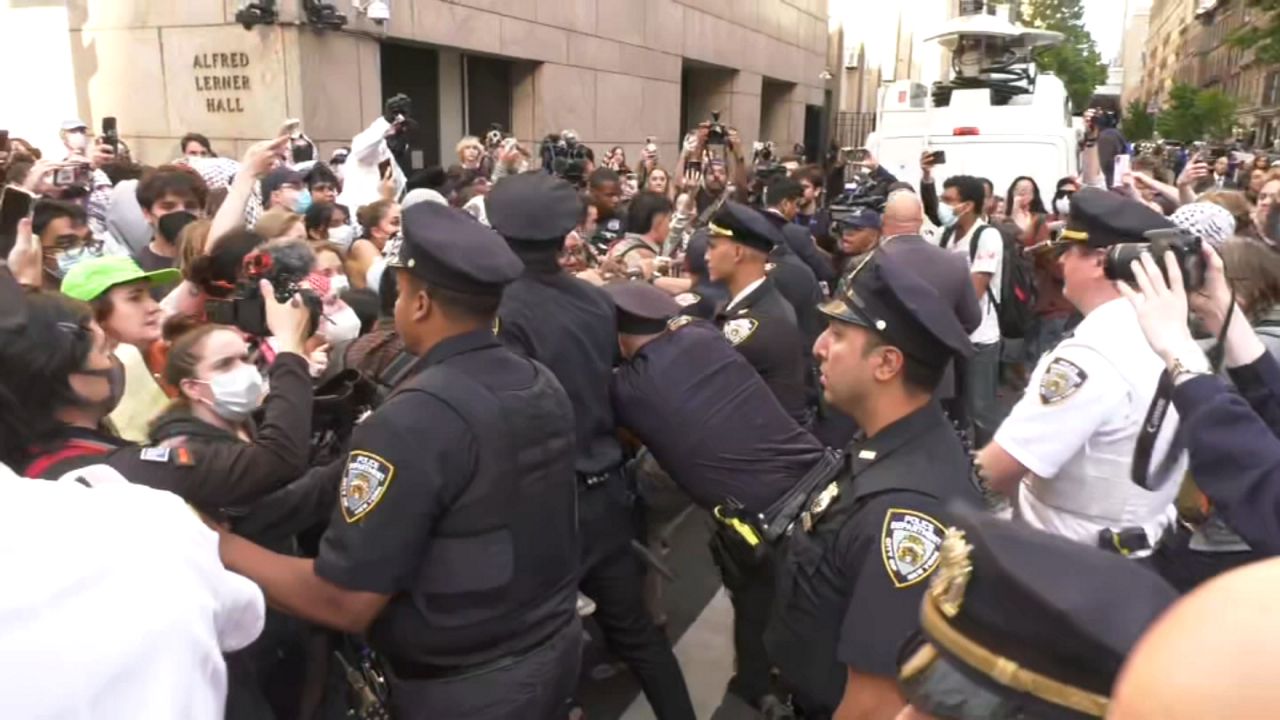The goal remains the same for education officials, principals and many parents on the Upper West Side: find a way to change the admissions process for middle schools to make the schools less segregated by race and economic class.
But the way the city proposes creating more diversity is being amended.
"There are a whole bunch of different ideas floating around right now, how it can be modified but still meet the goals of increasing diversity across academic racial and economic," said Kristen Berger of the local elected parent council.
In the two-and-a-half weeks since NY1 first reported on the plan, the debate over the desegregation proposal has expanded way beyond the borders of school district 3, which includes all of the Upper West Side and some of southwest Harlem.
The new schools chancellor has spoken about the issue almost daily, the mayor has been asked about it repeatedly, and there have been dozens of articles, editorials and debates.
The initial proposal would have required all 17 middle schools in the district reserve a quarter of their seats for low performing students.
Some parents had concerns.
Some parents warned the initial plan would not hold up if challenged in court, as state law prohibits using standardized test scores as the "sole, primary or major factor" in admissions decisions.
Others have criticized the proposal for assuming low test scores can be a proxy for black and Hispanic students.
Now, officials are working on a plan that would combine test scores with other factors, like whether the student attended an elementary school with many students living in poverty.
"Exactly how they put it together, I'm interested to see. But it should be based on economic diversity, not necessarily academic," said City Councilwoman Helen Rosenthal of Manhattan.
The elected parent council has gotten hundreds of emails with feedback.
"Overwhelmingly, the emails say, 'We want more diverse schools,'" Berger said. "But certainly, the baseline is for more diverse schools. Then, when you get in to the exact mechanism there's a lot of debate and discussion."
Everyone working on the proposal says they are aware that the stakes are high, especially now that there is so much attention on this issue.
There is a public meeting scheduled for next Wednesday. A new proposal is expected before then.








)
_CGPK_CUNY_Student_Protest_Encampents_2025_CG_134055132_345)